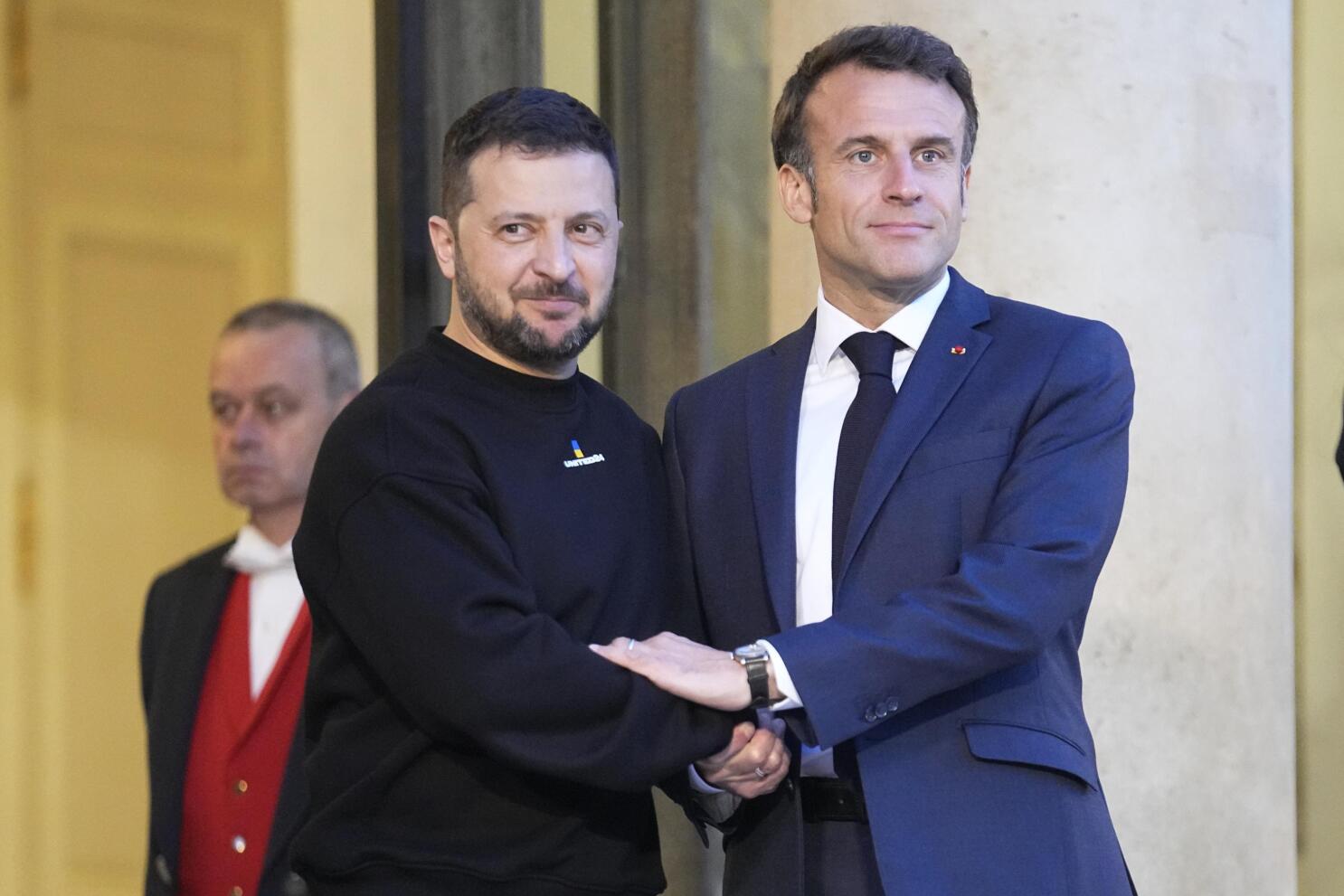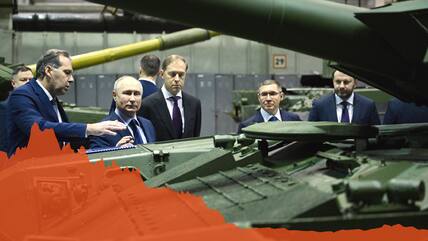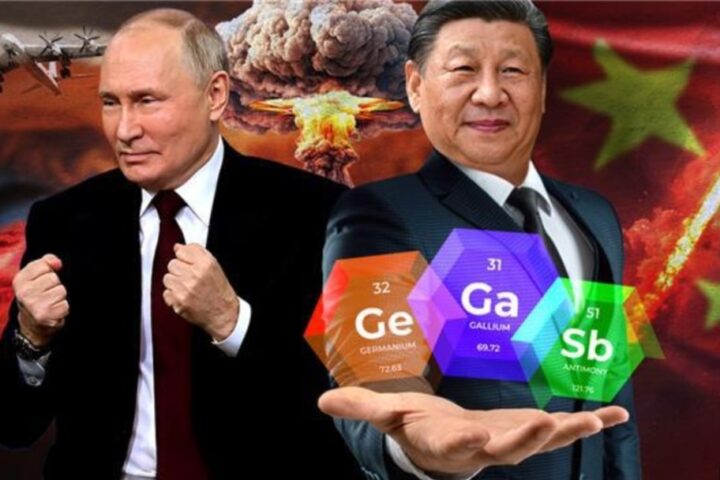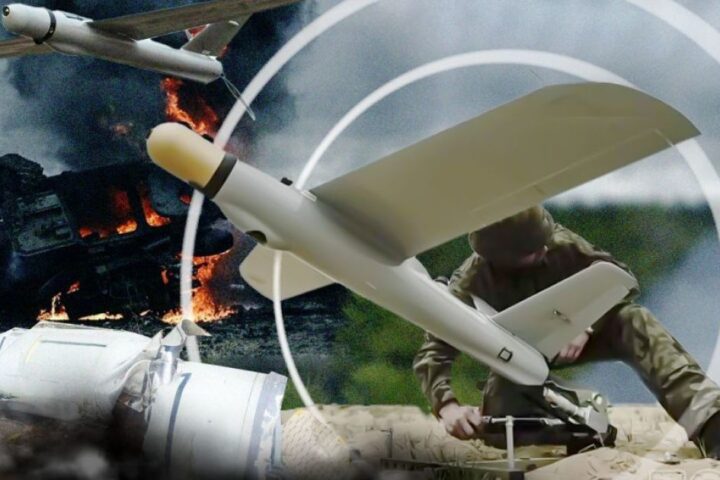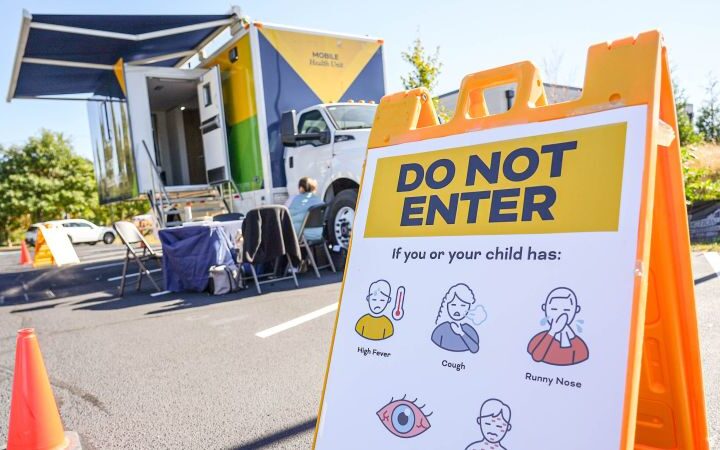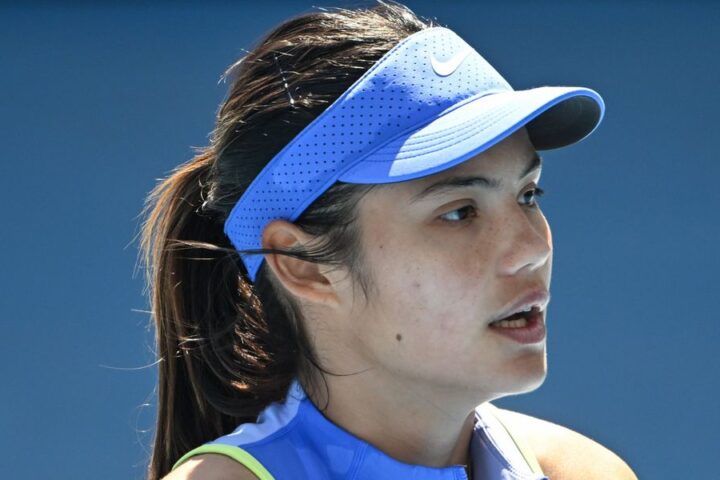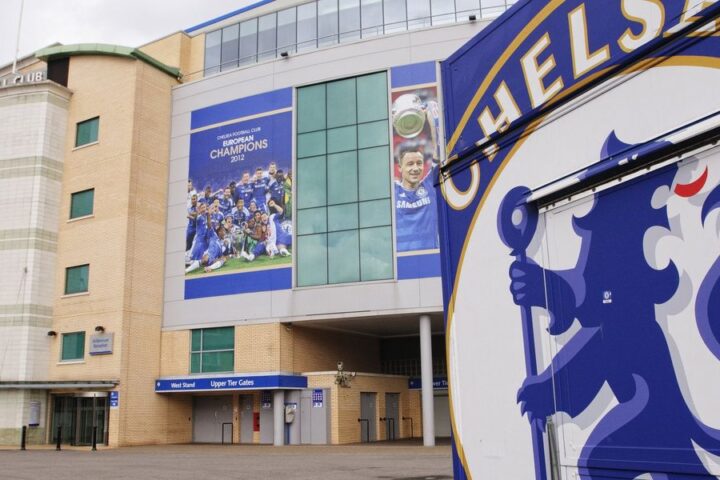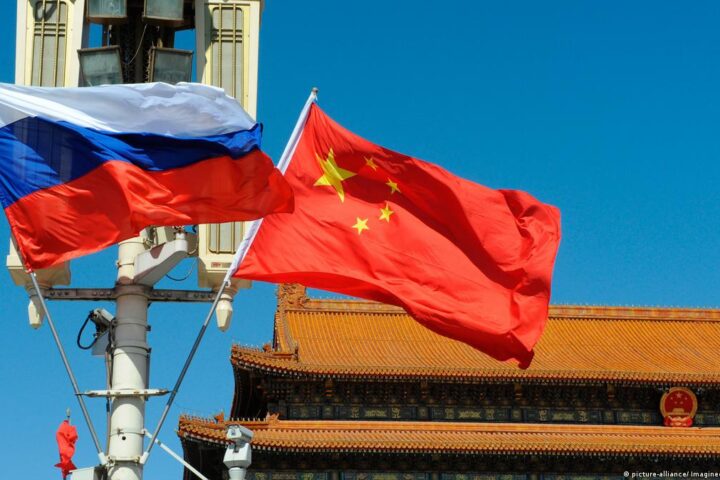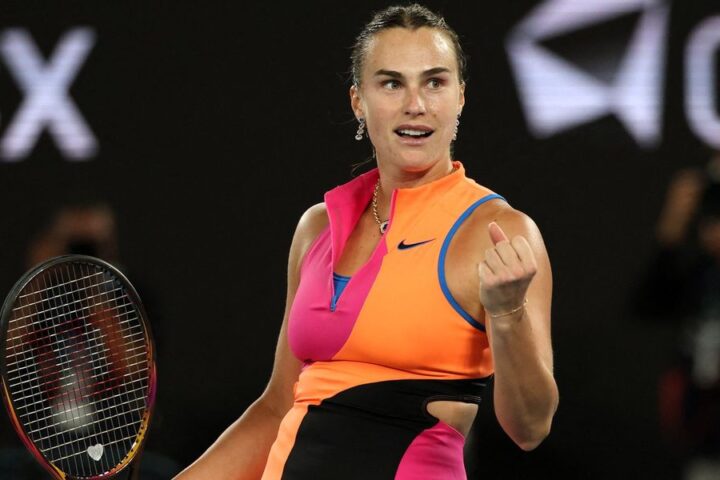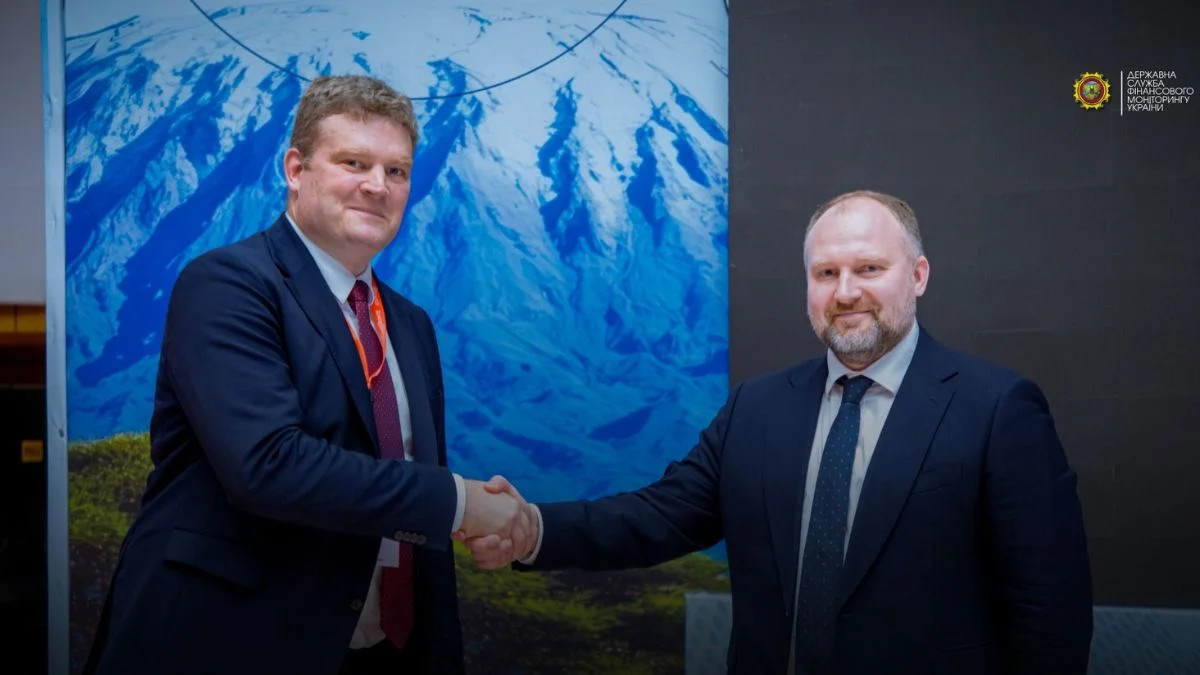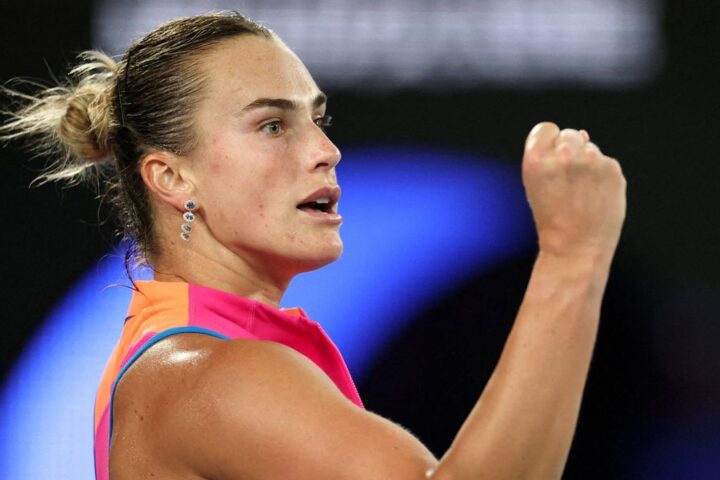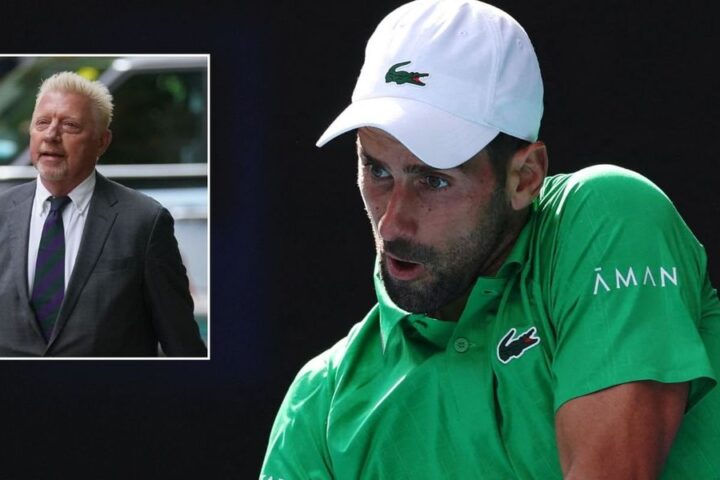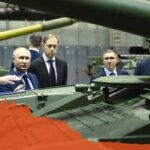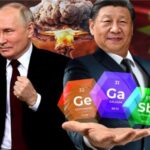On July 27, 2025, French President Emmanuel Macron announced plans to intensify pressure on Russia while boosting support for Ukraine amid ongoing conflict. Macron reaffirmed France’s commitment to Ukraine’s struggle for freedom and its European future, emphasizing continued military aid alongside heightened diplomatic efforts to end hostilities.
Macron expects pressure to lead to ceasefire and lasting peace
Macron expressed confidence that sustained pressure on Moscow would prompt a ceasefire agreement, paving the way for durable peace “with full European involvement.” He highlighted Ukraine’s resilience as a living democracy committed to European integration, contrasting it with Russia’s authoritarianism. The French leader also stressed the importance of reforms in Ukraine, particularly anti-corruption measures ensured by independent institutions, as part of strengthening bilateral cooperation based on shared future goals.
Zelensky hails constructive talks focusing on air defense
Ukrainian President Volodymyr Zelensky described his discussion with Macron as constructive and productive, with both leaders agreeing on key defense cooperation areas. The dialogue concentrated on enhancing Ukraine’s air defense capabilities, including supplying additional missiles for the SAMP/T and Crotale systems—critical for countering Russia’s drone and missile attacks.
Strategic cooperation seen as vital for European stability and security
France views deepening ties with Ukraine as essential to European sovereignty and a bulwark against authoritarianism. Expanding cooperation opens new markets and strengthens the EU’s resilience against military, energy, and food security shocks. Supporting Ukraine is framed not only as alliance assistance but also as an investment in France’s own security, aligning with Europe’s strategic autonomy goals.
Collective Western defense partnership crucial to deterring aggression
Bolstering defense collaboration with Western partners like France through modern arms deliveries, training, and joint programs enhances Ukraine’s capacity to resist Russian aggression and safeguard Europe’s borders. Economic support and integration into the European market also reflect strategic investment in the continent’s long-term stability.
EU’s role in security architecture and response to Russian destabilization
Enhancing cooperation with Ukraine is integral to the EU’s enlargement policy founded on democracy and rule of law. The European Union is expanding its security role by aiding Ukraine’s defense buildup as part of a new security architecture designed to counter external threats. Moscow’s tactics, including energy blackmail and hybrid attacks aimed at undermining democratic institutions, intentionally prolong the conflict to exhaust the West and fracture European unity.
The ongoing delay in negotiations reflects Russia’s strategy to escalate military actions and destabilize the continent. Macron’s commitment signals a reinforced European stance supporting Ukraine while striving to contain Russia’s destabilizing moves and uphold the international order through diplomatic and military efforts.
